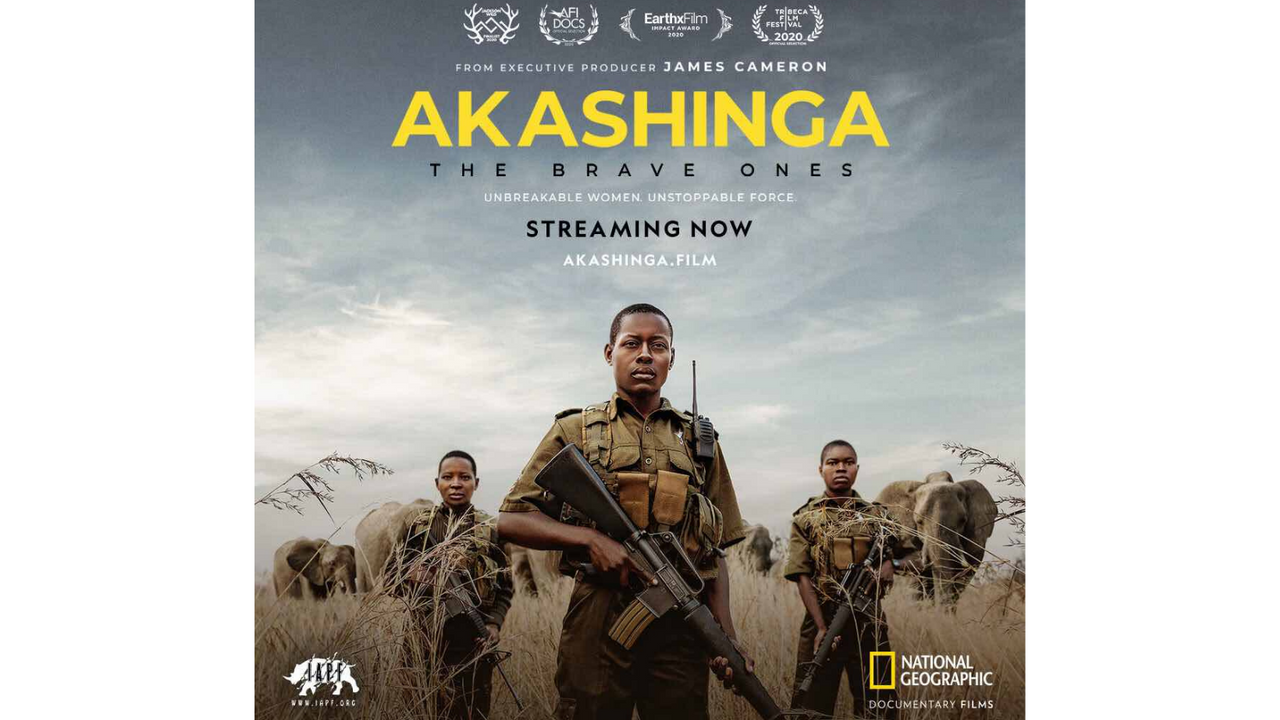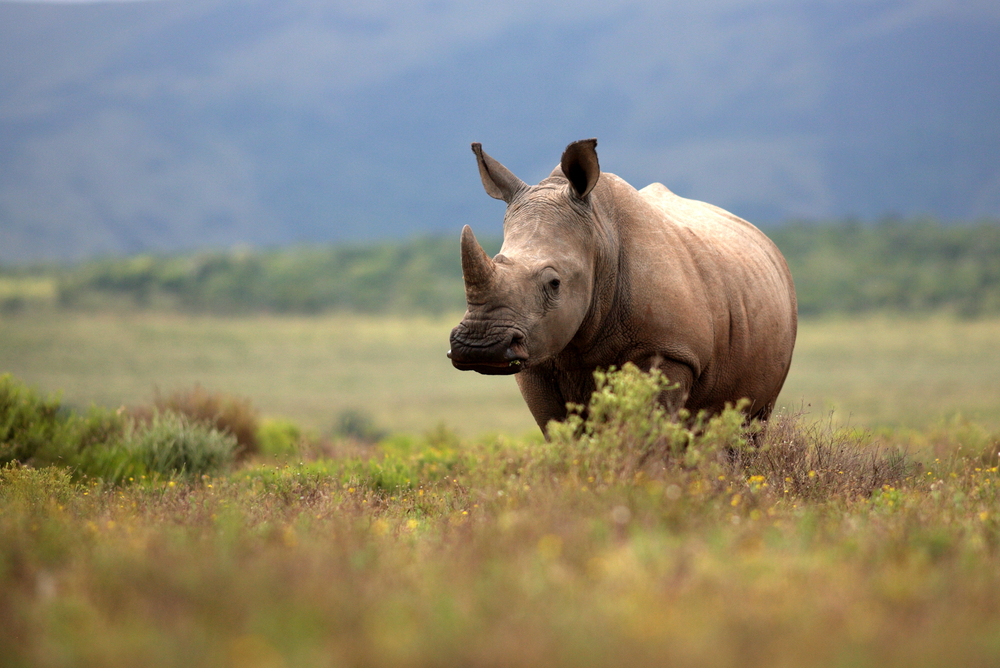Akashinga - Nature Protected by Women

African wildlife is at risk and in need of protection. Over the span of seven years, elephant populations in Africa have decreased by 30% across the continent, mainly due to poaching. Similarly, rhinos are targeted for their valuable horns. Who is protecting African wildlife and how?
Akashinga is Africa’s first armed, all-women anti-poaching unit which is changing the way the issue of poaching is addressed throughout the continent. Instead of combatting poachers with violence, Akashinga uses a community buy-in approach that focuses on educating communities about the economic benefits of preserving Africa’s wildlife.
 Akashinga operates in Zimbabwe and relies on strong and powerful women to protect the environment and as a result, empower themselves and their communities.
Akashinga operates in Zimbabwe and relies on strong and powerful women to protect the environment and as a result, empower themselves and their communities.
How it all began
Akashinga was founded in 2017 by the International Anti-Poaching Foundation (IAPF). This foundation was created in 2009 by Damien Mander, an Iraq war veteran who served as a Naval clearance diver and special operations sniper for the Australian Defense Force. Damien was inspired to start the IAPF while travelling through Africa and witnessing the important work done by rangers in order to protect the wildlife.
Damien worked along the Mozambican border or Kruger National Park in South Africa in order to protect the rhino populations from poachers. However, he noticed that the work they were doing was only a temporary fix – and he wanted to be able to address the root of the problem.

He thought that if women could serve as military rangers, why couldn’t they be wildlife rangers as well? Akashinga was founded in order to provide women with opportunities to defend wildlife and contribute to community-building and education.
Damien acquired a trial site located in the Lower Zambezi Valley which is home to roaming elephants and gently rolling hills. After a basic training camp was set up, Damien and his colleagues spread the word to nearby villages that they were looking for women aged 18 to 35 to join.
Who exactly are these armed women?
 The International Anti-Poaching Foundation looks for women to recruit who have been victims of sexual assault, domestic violence, were orphans due to HIV-AIDS, or are single mothers. They are women who have gone through trauma and are looking for a way to reinvent their lives, contribute positively to their community, and earn enough to support themselves and their families.
The International Anti-Poaching Foundation looks for women to recruit who have been victims of sexual assault, domestic violence, were orphans due to HIV-AIDS, or are single mothers. They are women who have gone through trauma and are looking for a way to reinvent their lives, contribute positively to their community, and earn enough to support themselves and their families.
Because of their work, many of the Akashinga women are now able to buy property, build a house, send their children to school, provide for their families, finish highschool, and enrol in college.
Akashinga translates to ‘Brave Ones,’ and for a good reason! These women have not only been subjected to trauma within their personal lives, but they have also gone through seriously intense training in order to make sure they are fit to protect themselves and the animals that are under constant threat.
Training involves endurance and team building tasks aimed to prepare these women for any challenges they may encounter out in the wilderness. And unsurprisingly, the rate of dropouts is extremely low, among these determined women.
To learn more, watch National Geographic’s Film: Akashinga!
Making a difference

Since Akashinga’s debut in 2017, the rangers have made or contributed to 72 arrests of poachers without firing a single shot being fired. De-escalation techniques and non-lethal force have shown to be enough to resolve issues and protect wildlife without causing harm.
Additionally, these women visit local schools where they educate classrooms about the importance of protecting wildlife, and ultimately prevent poaching.
Another direct effect that Akashinga has on the local community is the employment of locals and the monetary investment that comes with it. For every dollar that the International Anti-Poaching Foundation spends, 62 cents go back into the community. The funds have contributed to the building of dams, greenhouses, and local goods.
The future of wildlife protection
Damien hopes that the Akashinga protection model can be employed throughout Africa. Since its inception it has shown to be effective and empowering for the women and communities involved. The all-women ranger group has great potential to change the way African wildlife is protected and preserved.

The International Anti-Poaching Foundation has a goal to employ 1,000 female rangers by 2025 in order to protect a network of 20 nature preserves under IAPF management. You can donate to make a difference and help support these women and be a part of helping to prevent poaching in Africa. Find out more about how to save the big cats in Africa too!
Stay connected with news and updates!
Join my mailing list to receive the latest news and updates. Your information will not be shared.

